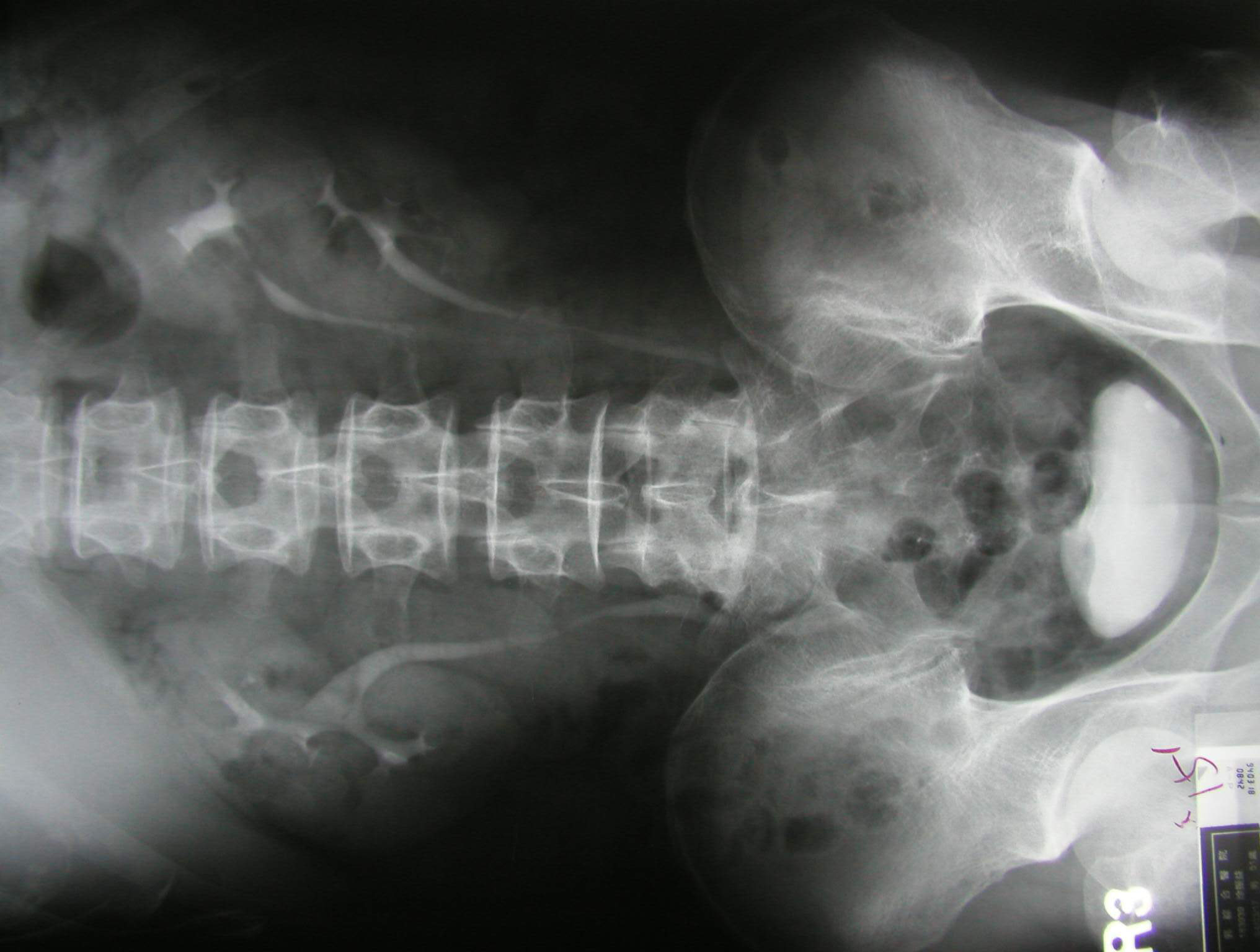The FOSSILIC State, or that within the becoming: A fossil grows within us even as we breath and it will be found amongst our ashes. The material of architectural types is exactly that — a residue forming inside the living — immune to bodily states, immune to the bodily states of mind even, like rock forming or folding or that which exhibits the precise relation of architectural types to the city.
— See On Typology/Mapping Heterologies
— One of a series of IVP films at 15 minutes after injection of contrast medium showed incomplete duplication of left collecting system.
— See On Typology/Mapping Heterologies
“… a skull in the monk’s cell … a reminder … result is serenity.”
— Le Corbusier and Amédée Ozenfant in La Peinture Moderne, 1925.
The Fossilic State: embedded, exhibiting or registering the traces of a thing once alive, some architectural materials (wood and stone) are fossilic, they show traces of their origin. Others (glass and steel) are not — they are by themselves and face of the earth itself is erased from the face of buildings by their virtue. Buildings in themselves will become fossilic in time, cities, for example, are already the fossilic of history by the Virtue of Architectural Types.

Footnotes
- Duplicated ureter or Duplex Collecting System is a congenital condition in which the ureteric bud, the embryological origin of the ureter, splits (or arises twice), resulting in two ureters draining a single kidney. It is the most common renal abnormality, occurring in approximately 1% of the population. The additional ureter may result in a ureterocele, or an ectopic ureter.

